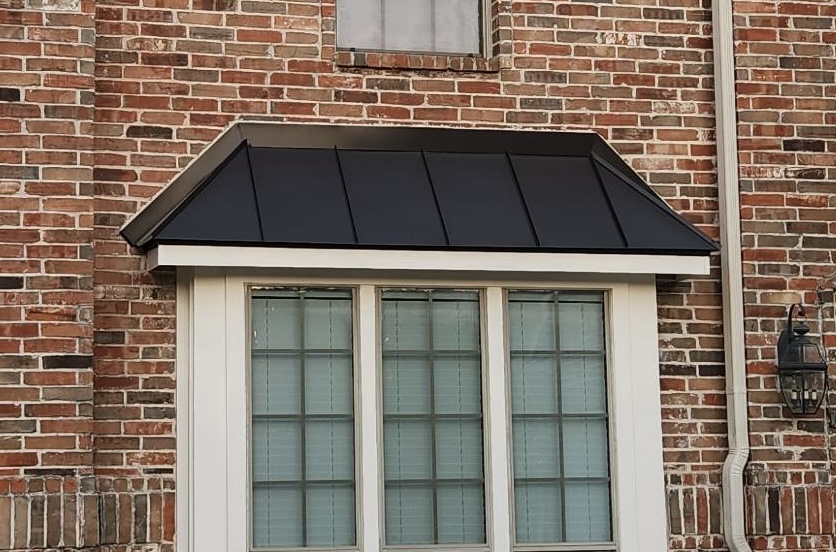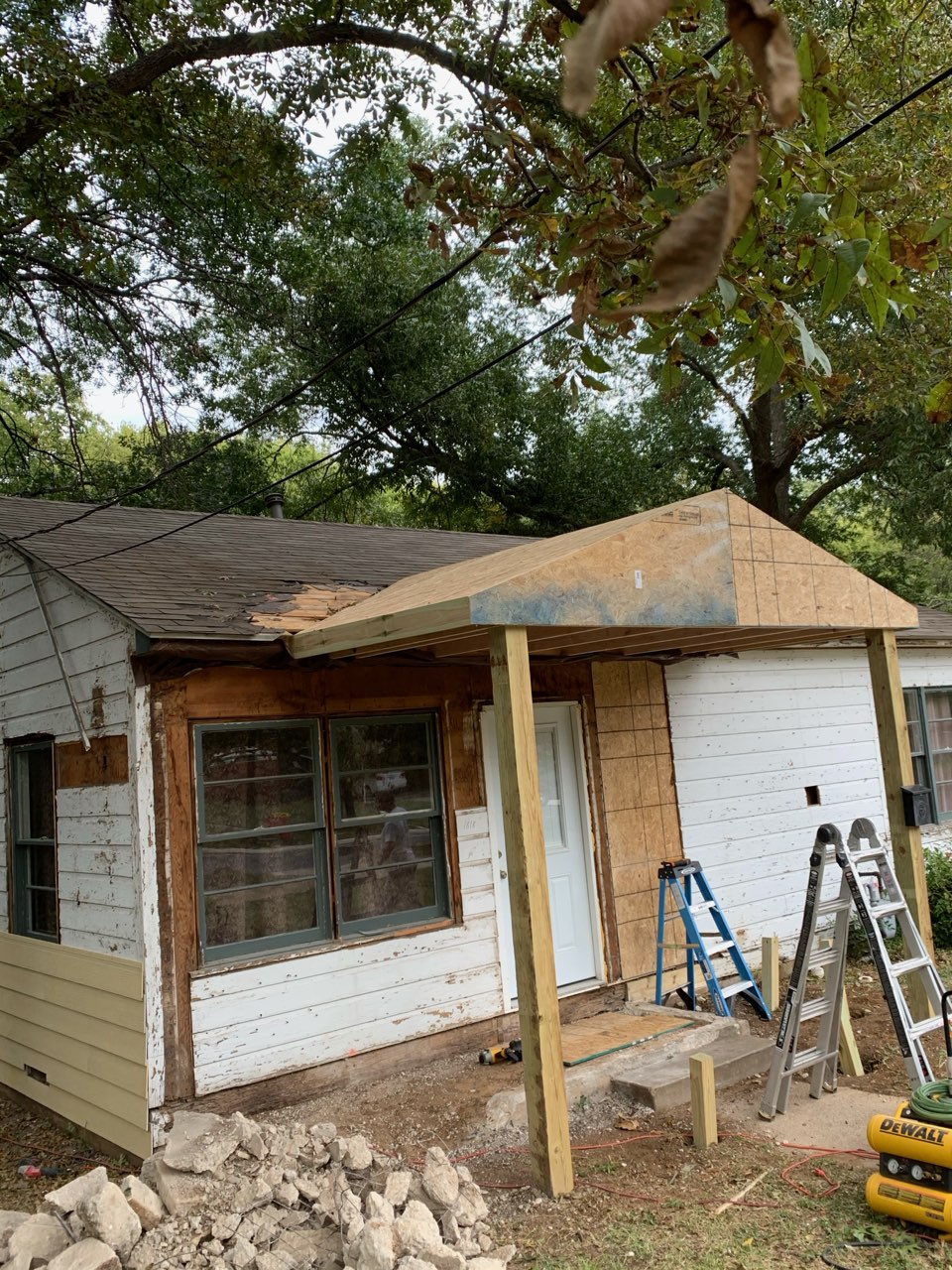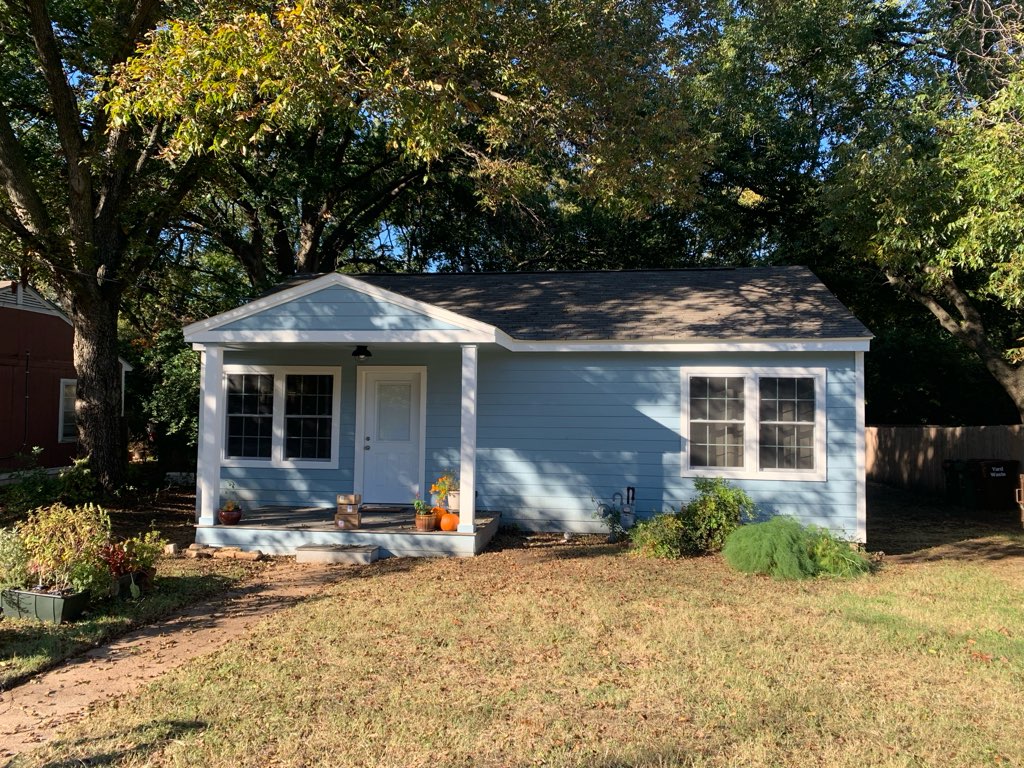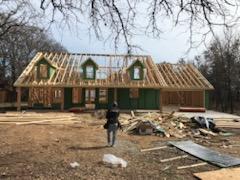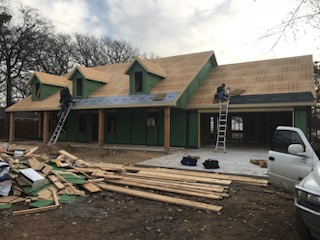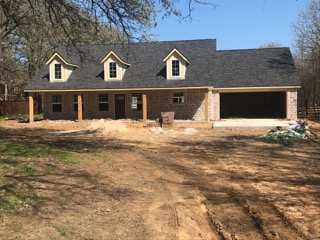PVC Roofing
What is PVC?
Polyvinyl chloride (PVC) roofing is a single-ply roofing membrane composed of a synthetic polymer known as polyvinyl chloride. This roofing material is engineered through the polymerization of vinyl chloride monomers, resulting in a durable, flexible, and versatile solution for various construction projects. PVC roofing is characterized by its remarkable strength, making it resistant to weathering, chemical exposure, and abrasion. Its flexibility allows for easy installation on different roof structures, ensuring a tight and secure seal.
key Advantages of pvc
Energy Efficiency: PVC roofing is highly reflective, meaning it can effectively deflect the sun’s rays and reduce heat absorption. This energy-efficient quality not only helps maintain a comfortable interior temperature but also lowers cooling costs, making it an eco-friendly option.
Durability: PVC roofing boasts exceptional durability, with a lifespan of 20 years or more. It can withstand extreme weather conditions, including hail, high winds, and heavy rain, making it a reliable choice for various climates.
Flexibility: One of the standout features of PVC roofing is its flexibility. This makes installation easier, particularly on roofs with complex shapes and contours. The material can adapt seamlessly, reducing the risk of leaks and improving overall performance.

Why Choose PVC
Choosing PVC roofing for your construction project is a decision rooted in practicality and long-term benefits. PVC roofing stands out as a superior choice due to its exceptional durability, flexibility, and energy efficiency. The material’s ability to withstand extreme weather conditions, including hail and heavy rain, ensures a reliable and resilient roofing solution. Opting for PVC roofing means choosing a roofing material that not only protects your property effectively but also provides lasting value, making it a smart and sustainable investment for any construction project.
FAQ’s
What makes PVC roofing a durable choice for residential and commercial structures?
PVC roofing is known for its exceptional durability due to the inherent properties of polyvinyl chloride. The material is resistant to weathering, chemical exposure, and abrasion, ensuring a long-lasting and robust roofing solution. Its ability to withstand extreme weather conditions, such as hail, high winds, and heavy rain, makes it a reliable choice for both residential and commercial applications.
What is the typical lifespan of PVC roofing, and how does it compare to other roofing materials?
PVC roofing is known for its longevity, with a typical lifespan of 20 years or more. This durability surpasses many traditional roofing materials, making PVC a reliable and cost-effective choice for those seeking a roofing solution that stands the test of time.
How does PVC roofing require minimal maintenance, and what does this mean for homeowners?
PVC roofing demands minimal maintenance due to its resistance to mold, mildew, and general wear and tear. Homeowners benefit from reduced upkeep costs and time, as routine maintenance tasks are significantly lower compared to other roofing materials. This low-maintenance characteristic adds to the overall appeal of PVC roofing as a practical and efficient option for homeowners.
YOUR EXPERTS
If you still have questions or need further assistance, please don’t hesitate to reach out! We’re here to help!
Contact Us


